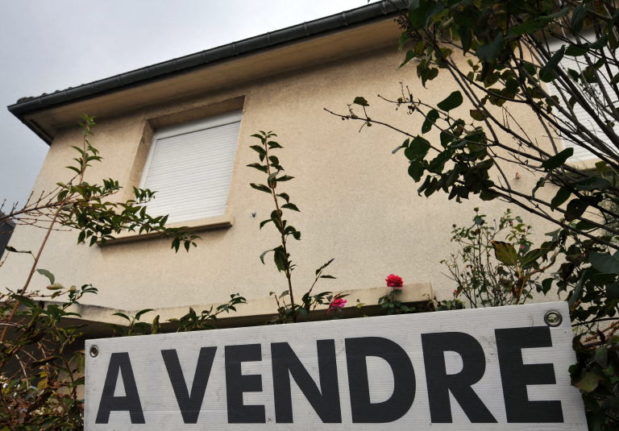
PROPERTY
Good news for renters: New caps to hit Paris region
Good news for the millions of people living in greater Paris - they'll soon be allowed to contest their monthly rent costs.
Published: 30 June 2016 10:48 CEST

Sunset over Val de Marne to the southeast of Paris. Photo: Gabriel de Castelaze/Flickr
Housing Minister Emmanuelle Cosse announced on Wednesday that rent regulations are to be rolled out in 412 local authorities in the Greater Paris region of Ile-de-France.
These will affect around 8 million people, mostly in the areas just outside of central Paris in the départments of Hauts-de-Seine, Seine-Saint-Denis, Val-de-Marne, Yvelines, Val d'Oise, Essonne and Seine-et-Marne.
The measures, which effectively ensure renters aren't paying too much for their apartments, have been in place in Paris since August last year. They were brought in to try to put a halt on rising rent prices that have made the city unaffordable to some of the less well off.
But one of the impacts of the caps in Paris was that prices started to rise in the area immediately outside the city known as the “Petite Couronne”. By rolling out the rules across the Ile de France region the government hopes to remedy the situation.
“It was important to start in Paris and send a signal, but now it's time to go beyond,” the minister Cosse told France Bleu radio.
“There are areas where the rent is too expensive in the greater Paris region and this measure will restore purchasing power to the households affected.”
The measures won't come into effect in the areas outside Paris until 2018.

The northern French city of Lille, however, will be rolling out its own rent caps in December this year, with Grenoble to the south expected to do the same within 18 months.
Since August, Parisian landlords have had to play along with the rent-capping law – known as the Loi Alur (or Loi Duflot as it was originally called) – which was rolled out as a part of a sweeping housing reform by the current government.
It came as part of a bid to control rental prices in the capital, which have spiraled upwards by 42 percent over the last ten years.
The reform meant Paris rent prices are now measured in euros per square metre and based on the building's age and location.
Under the rules no new rental contract could charge more than 20 percent per square metre above the neighborhood’s median rent, which is assessed annually by a “local rent observatory”.
More designated “strained” zones that have been identified across the country including cities like Lyon, Marseille and Montpellier, where renters faced the same issues as in Paris – crazily high prices and a lack of flats available.
But the decision on whether to impose the rent caps is being left to local authorities so while the Paris rent system is in the process of being controlled, thousands if not millions of renters across the country are potentially suffering from overpriced homes and apartments, because their local mayors are choosing not to implement the law.
In April, France's consumer rights organisation CLCV launched a site called “My rent is too high” (Mon loyer trop cher) where renters from all cities can check in to see if they're being ripped off.
After entering your details – providing you live in one of the 1,151 municipalities around the 28 cities in France where the law is supposed to apply – you can learn whether you are indeed paying too much.
If so, you are encouraged to send the information along to your local mayor or MP with just one extra click.
If you want to find out if you're paying too much, check out the Mon loyer trop cher site here.
Url copied to clipboard!



 Please whitelist us to continue reading.
Please whitelist us to continue reading.
Member comments